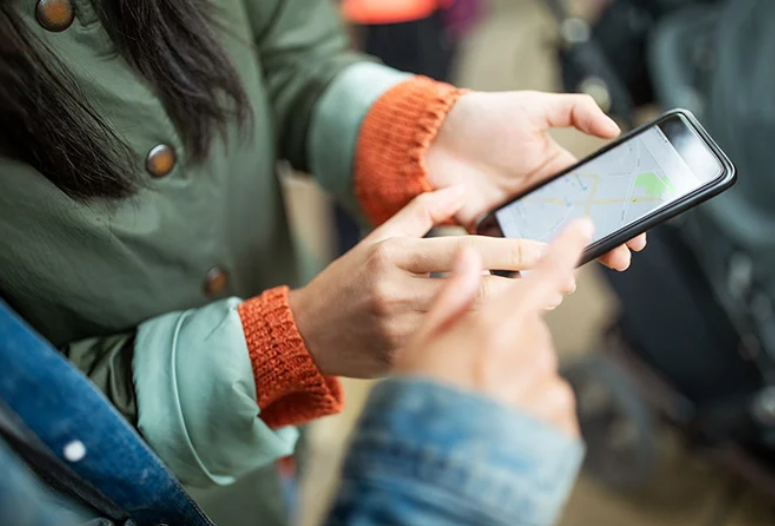Press Releases


Redwood City, US, and London, UK, 25 July 2018: As FitBit Ace becomes available for children aged 8+, a survey from AVG Technologies found that the majority of parents across the world (65%) are comfortable with children aged 10 years upwards wearing tracking devices that keep record of their whereabouts and physical activity. In Brazil, this was the opinion of 80% of respondents however only 47% in Germany were comfortable.
However, collecting data linked with a child’s weight or body image is where many draw the line on the information that should be gathered. The findings also indicated that traditional parental intuition about their children’s vital statistics could be under threat from too much data being available.
The survey of more than 3,558 parents worldwide*, conducted by trends agency Trajectory for AVG Technologies, also found that over two thirds (67%) of respondents felt information about a child’s whereabouts was important for parents to see. Additionally, six out of ten (62%) believed that devices should be monitoring perceived bad habits, such as how much time a child spends on electronic devices.
Just over half of those surveyed (53%) considered it okay to keep tabs on their children’s eating habits; this was higher in Brazil (76%) but much lower in Germany (31%). Even fewer (49%) felt that those same devices should be able to track whether a child is losing or gaining weight.
Parents aside, respondents to the survey were clear that the only other individuals who should have any access to a child’s data is their doctor. Nearly two thirds (55%) agreed this would be useful, with parents in France (69%) being most in favor and those in the US (46%) being the least; however, sharing this data with others such as teachers and school nurses was universally deemed unacceptable.
Joe Lemonnier, Consumer Security Expert for AVG, said; "In the debate around whether the lives of children should be quantified, this survey reveals the tensions pulling parenthood in different directions. The question is, do parents have enough information? On the one hand, parents feel (rightfully) concerned about the information being collected about their children. On the other hand, the perceived increase in safety offered by location tracking technologies - which promises peace of mind - clearly holds a deep appeal for parents. Like all facets of parenting, this is ultimately about making an informed personal choice.”
* 3,558 respondents surveyed in total in five countries: United States (1,011 respondents), United Kingdom (1,035 respondents), Germany (502 respondents), France (508 respondents) and Brazil (502 respondents).
|
Country |
Stat 1 |
Stat 2 |
Stat 3 |
Stat 4 |
Stat 5 |
Stat 6 |
|
Brazil |
80% |
80% |
77% |
76% |
77% |
53% |
|
France |
63% |
67% |
61% |
55% |
52% |
69% |
|
Germany |
47% |
50% |
31% |
31% |
31% |
49% |
|
US |
68% |
69% |
63% |
51% |
48% |
46% |
|
Global |
65% |
67% |
62% |
53% |
49% |
55% |